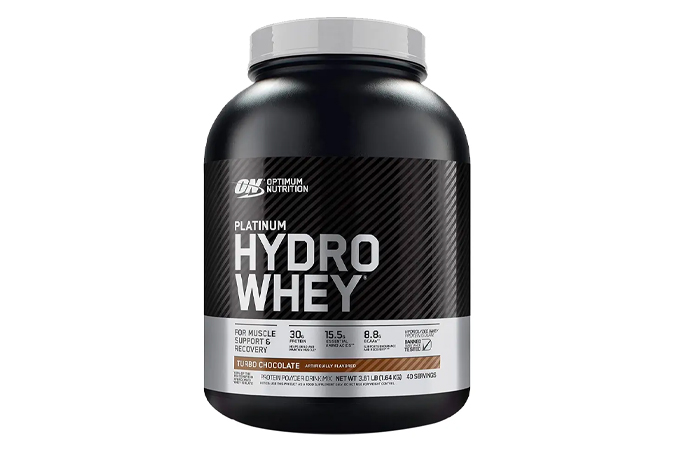Saturated Fat and Erectile Dysfunction

Introduction
Erectile dysfunction (ED), a condition that affects millions of men worldwide, is often associated with various lifestyle factors. While the causes of ED are multifaceted, recent research has unveiled a compelling link between saturated fat intake and the development of erectile dysfunction. In this article, we will explore the intricate relationship between saturated fats and ED, shedding light on how dietary choices can have a profound impact on men’s sexual health.
Understanding Saturated Fats
Before delving into the connection between saturated fats and erectile dysfunction, it’s essential to understand what saturated fats are and where they come from. Saturated fats are a type of dietary fat characterized by their chemical structure, featuring saturated carbon atoms with hydrogen atoms bonded to them. These fats are typically solid at room temperature and are commonly found in animal products such as meat, poultry, dairy, and tropical oils like coconut and palm oil.
The Role of Diet in Erectile Dysfunction
Erectile dysfunction is the persistent inability to achieve and maintain an erection sufficient for sexual intercourse. While ED can have various causes, including psychological factors, hormonal imbalances, and underlying medical conditions, lifestyle choices, including diet, play a significant role.
A diet rich in unhealthy fats, especially saturated fats, can contribute to the development of ED by affecting blood flow, endothelial function, and overall cardiovascular health. The relationship between saturated fat intake and ED can be summarized through the following key points:
– Impaired Blood Flow
One of the primary mechanisms through which saturated fats may contribute to ED is by impairing blood flow. Erections depend on the ability of blood vessels to dilate and allow a rush of blood into the penis. Saturated fats, when consumed in excess, can lead to the accumulation of cholesterol and fatty deposits in the arteries, a condition known as atherosclerosis.
Atherosclerosis narrows and hardens the arteries, reducing blood flow throughout the body, including to the penile arteries. This decreased blood flow can result in difficulty achieving and maintaining an erection, a hallmark of erectile dysfunction.
– Endothelial Dysfunction
The endothelium is a thin layer of cells that lines the interior of blood vessels. It plays a crucial role in regulating blood vessel tone, promoting vascular health, and ensuring proper blood flow. Saturated fats have been shown to impair endothelial function by promoting inflammation and oxidative stress in the endothelial cells.
Endothelial dysfunction not only affects the ability of blood vessels to dilate but also contributes to the development of atherosclerosis. As the endothelium’s function deteriorates, the risk of ED increases, making it more challenging for men to achieve and sustain erections.
– Cardiovascular Health
ED is often considered a sentinel marker of cardiovascular health. This means that the same risk factors that contribute to heart disease, such as high blood pressure, high cholesterol, and atherosclerosis, can also lead to ED. Saturated fats are known contributors to heart disease, and their negative impact on cardiovascular health can indirectly affect sexual function.
Moreover, the arteries responsible for supplying blood to the penis are relatively small compared to those supplying the heart and other major organs. As such, they may be more vulnerable to the detrimental effects of saturated fats, further emphasizing the link between dietary choices and ED.
– Inflammation and Hormone Imbalance
Inflammation is a common denominator in many chronic diseases, including ED. Saturated fats can trigger inflammation in the body, disrupting hormonal balance and affecting sexual health. Chronic inflammation can interfere with the production and regulation of hormones, including those involved in sexual function, such as testosterone.
Testosterone is a critical hormone for male sexual health, and imbalances can lead to reduced libido and erectile problems. Consuming a diet high in saturated fats may contribute to hormonal imbalances that exacerbate the risk of ED.
– Dietary Patterns and Lifestyle Choices
It’s important to note that the link between saturated fat intake and ED is often observed within the context of overall dietary patterns and lifestyle choices. Men who consume diets high in saturated fats tend to have less healthy eating habits overall, which can compound the risk of ED.
Additionally, sedentary lifestyles, smoking, and excessive alcohol consumption are common lifestyle factors that contribute to ED. These behaviors are often associated with diets rich in saturated fats, creating a complex interplay of risk factors.
Conclusion
Erectile dysfunction is a common and often distressing condition that can have a significant impact on a man’s quality of life and self-esteem. While the causes of ED are multifaceted, recent research suggests that dietary choices, specifically the consumption of saturated fats, may contribute to its development.
The link between saturated fat intake and erectile dysfunction underscores the importance of adopting a heart-healthy diet that emphasizes fruits, vegetables, whole grains, lean proteins, and healthy fats. By reducing saturated fat intake and promoting cardiovascular health, men can take proactive steps to preserve their sexual function and overall well-being.
Ultimately, the connection between saturated fats and ED serves as a reminder that a healthy lifestyle, including a balanced diet, regular exercise, and avoidance of tobacco and excessive alcohol, is not only beneficial for heart health but also essential for maintaining optimal sexual function. Men concerned about their sexual health should consult with a healthcare professional who can provide personalized guidance and support in making healthier choices to prevent or address erectile dysfunction.










